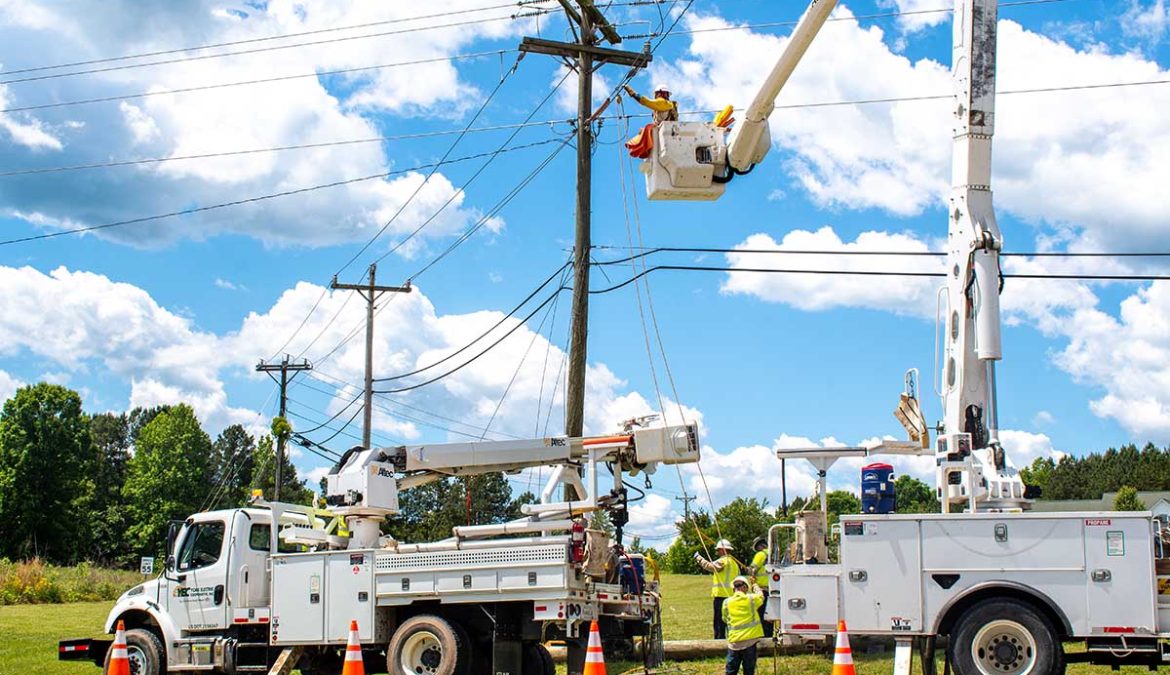The Biden administration’s proposed 2023 budget would increase funding for the U.S. Department of Agriculture’s ReConnect broadband program by 33%—from $450 million in fiscal year 2022 to $600 million.
The ReConnect program provides loans and grants to electric cooperatives to help pay for the construction, improvement or acquisition of facilities and equipment to bring high-speed internet to rural communities that have little or no service.
The COVID-19 pandemic has underscored the importance of broadband as people have relied on it to work from home, attend virtual classes and access telemedicine appointments.
President Joe Biden’s budget proposal is, like that of all presidents, a request to Congress. Legislators have the power of the purse and ultimately will decide spending priorities and levels for federal agencies and programs.
“While we recognize that the final decision lies with Congress, we welcome the administration’s support for increasing broadband funding to help close the digital divide that is keeping rural America from reaching its full economic potential,” said Hill Thomas, NRECA’s vice president of legislative affairs.
Turning to another USDA program vital to co-ops, the administration’s proposed budget calls for continuing to fund the Rural Utilities Service Electric Loan Program at $6.5 billion. Congress increased funding for the program by $1 billion in fiscal year 2022 from $5.5 billion in 2021.
Co-ops use RUS loans to help build and improve infrastructure that provides reliable, affordable electric service to their consumer-members. Repayment of those loans with interest to the U.S. Treasury helps reduce the federal deficit.
“We are glad to see that the administration’s budget supports the increase that Congress provided to the RUS loan program that is so crucial to electric co-ops and the communities they serve,” Thomas said.
In a departure from the Trump administration’s budget proposals, the Biden administration is not seeking to sell off transmission assets that provide affordable hydropower from federal dams to hundreds of co-ops.
The Trump administration—in an effort that drew bipartisan opposition in Congress—had proposed to privatize assets held by the Tennessee Valley Authority, Bonneville Power Administration, Southwestern Power Administration and Western Area Power Administration.
The Trump administration had also sought to increase rates for federal Power Marketing Administrations by changing the cost-based rate structure to make it comparable to rates charged by investor-owned utilities.
In its budget plan for 2023, the Biden administration proposes increased funding for climate-related activities at nearly every federal agency. That includes a boost of almost $17 billion, for a total of $45 billion, to the five agencies with the most climate-related programs. The budget requests a record $11.9 billion—a nearly 29% increase—for the Environmental Protection Agency alone.
Erin Kelly is a staff writer for NRECA.

